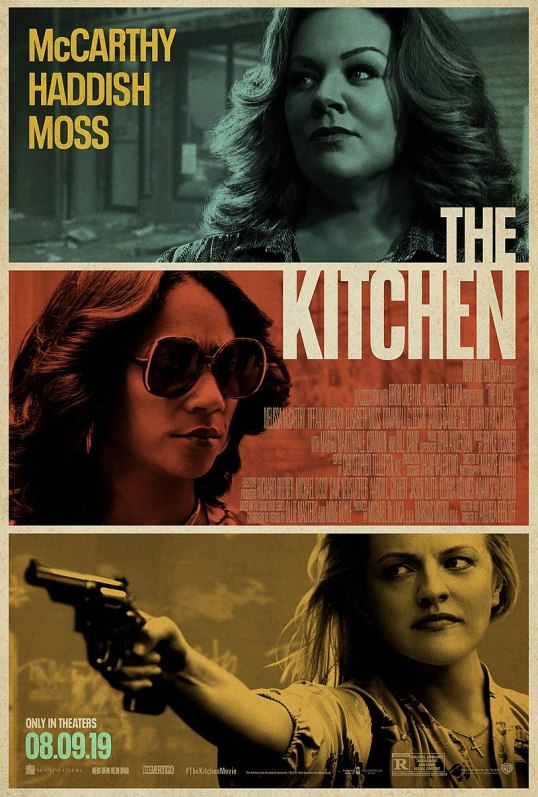
Mention the name Ubisoft to most people, and most responses are about their videogames. Assassin’s Creed, Tom Clancy’s Rainbow Six, and my personal favorite, Tom Clancy’s The Division. Ubisoft also has a movie production arm to it, along with an effects division called Hybride. With all that, I’m surprised Ubisoft hasn’t tried to develop their own films before. “Werewolves Within” may be one of the better Videogame adaptations around.
Earlier this year, the film premiered on the Tribeca Film Festival’s “Tribeca at Home” digital offering. I was able to watch the film there (a total of 3 times – two because I enjoyed it, and a third to showcase the film to my cousin, who also liked it), along with a few other films.
Werewolves Within is the tale of Finn Wheeler (Sam Richardson, Veep, We’re the Millers) a Ranger taking on new duties in a snowy Vermont town. He’s a pretty nice fellow – he rides under the speed limit and is considerate of others. While he’s getting to know his new neighbors, they are all forced to hunker down during a major storm. Of course, things become a little weird in the form of power outages and quite possibly a werewolf running around town, but who better to have around you than your neighbors in such stressful times? Can Wheeler survive in the town and discover the mystery? The film moves like The Thing or The Beast Must Die in that the members of the town begin to suspect each other is the killer (or killers, like Scream) in question.
The film is peppered with familiar faces, such as Milana Vayntrub (NBC’s This is Us), Harvey Guillen (FX’s What We Do In the Shadows), Glenn Fleshler (HBO’s Barry), Wayne Duvall (The Hunt), & Catherine Curtin (Netflix’s Stranger Things). The banter between them all is fun to watch and each one brings a bit of comedy to the table. Richardson & Vayntrub in particular are the stand outs, though.
Where Werewolves Within really shines is the pacing. Most of the films at the Tribeca Film Festival have an average running time of about 100 minutes. How those minutes are used are important. Don’t believe me? Pair Tenet and WW84, which both have a running time of about 2:30 minutes (about as long as Avengers: Endgame) Werewolves Within moves from scene to scene at a pretty brisk pace. Fans of Ubisoft’s The Division may recognize the New York Shortbows in the movie, which officially makes them canon in the tale.
If the movie has any drawbacks, while there’s horror, the focus is more on the comedy. This isn’t terrible, but if you’re walking in expecting something like Dog Soldiers, Werewolves Within isn’t exactly that. It does handle it well. One other nitpick is that there’s an overused camera technique where the someone on screen does a really slow pivot, bringing their subject into our view. The first time is nice, but after about 3 times, you almost expect it. Again, not horrid, but a little odd. The movie also has it’s share of gore, but it’s a bit light compared to some other films.
Overall, Werewolves Within is a great late night treat that’ll have you laughing, with some nice jump scares.



